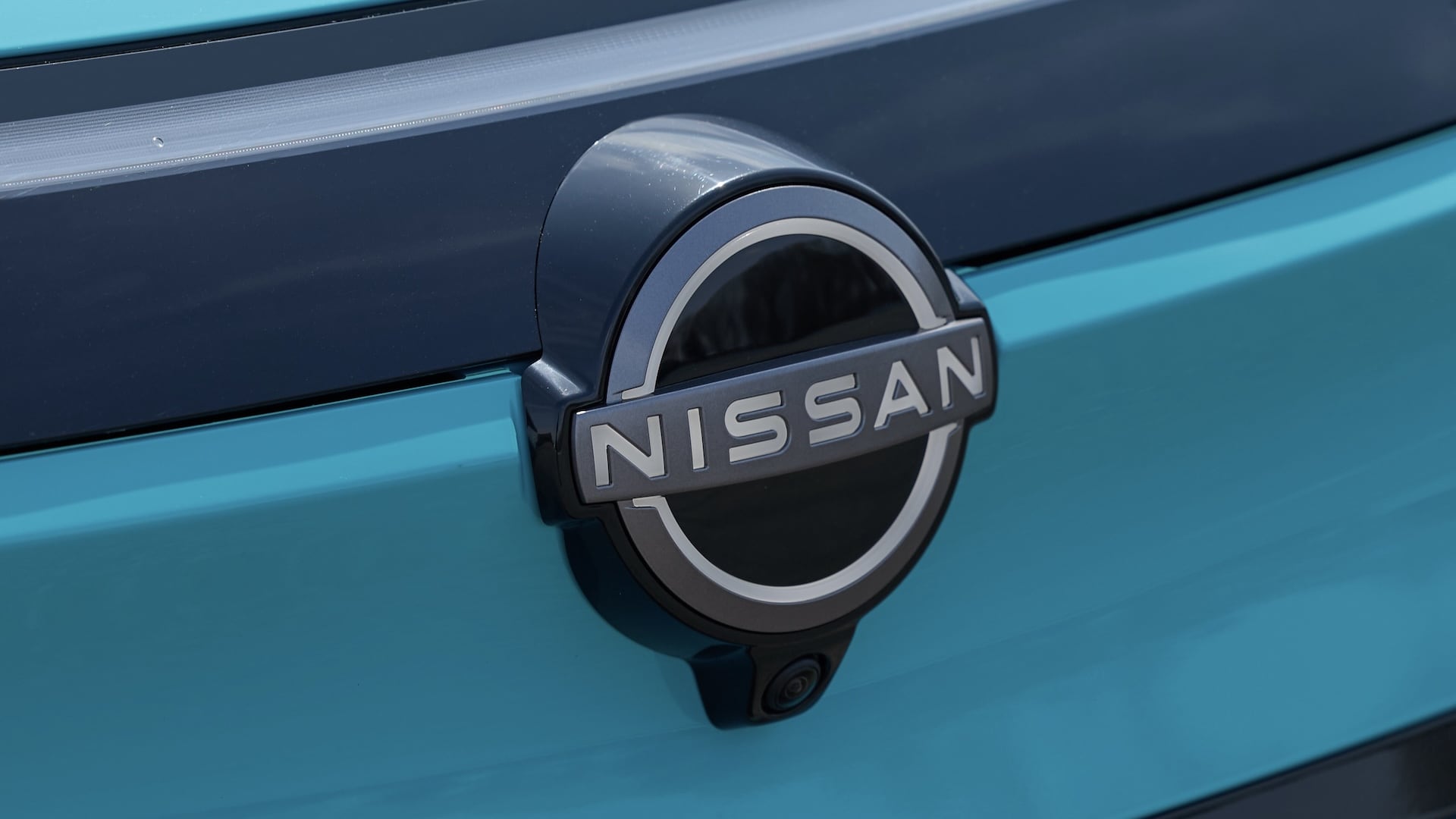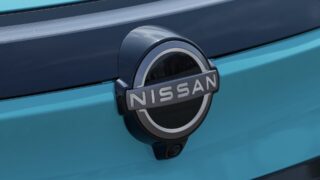Overview of the Re:Nissan Plan
On May 13, 2025, Nissan Motor Co., Ltd. (headquartered in Yokohama, Japan) announced its new corporate revival initiative: the “Re:Nissan” plan. Under the leadership of CEO Ivan Espinosa, the plan aims to return the automotive business to profitability—both in operating profit and free cash flow—by fiscal year 2026.
¥500 Billion Cost Reduction Target
At the heart of Re:Nissan is an ambitious target to cut ¥500 billion in total costs (¥250 billion in variable costs and ¥250 billion in fixed costs) compared to FY2024. Measures include temporary suspension of future model development, restructuring of the supplier network, and improved cost governance through a dedicated Transformation Office under the TdC (Total delivered Cost) initiative.
Streamlining Production and Workforce
Nissan plans to consolidate its global vehicle production sites from 17 to 10 by FY2027 and reduce its global workforce by 20,000 employees over four years—including the already announced 9,000. The reduction will impact manufacturing, R&D, and general management roles across permanent and contract staff.
R&D Reform and Platform Optimization
To reduce engineering costs and shorten development time, Nissan will rationalize R&D resources globally, aiming for a 20% reduction in average labor cost per employee. The number of platforms will be cut from 13 to 7 by FY2035. Development time will also be shortened—lead models will take 37 months, and follow-up models 30 months. New models under this initiative include the next-generation Skyline, Global C SUV, and a new Infiniti compact SUV.
Redefined Product and Market Strategy
Nissan is rethinking its product and market strategies to ensure profitable growth. In the U.S., it will focus on expanding hybrid offerings and revitalizing Infiniti. In Japan, it will broaden model coverage. In China, it plans to launch multiple NEVs and expand exports. In Europe, the focus will be on B/C-segment SUVs, while in the Middle East, the brand will prioritize large SUVs and may source vehicles from China. Mexico will remain a key export hub.
Strengthened Partnerships
Nissan will enhance collaboration with alliance partners such as Renault and Mitsubishi. Joint projects with Mitsubishi include a new BEV for North America based on the next Nissan Leaf and a new van for the Philippines. Nissan also continues its strategic partnership with Honda in areas like vehicle intelligence and electrification.
Conclusion: A High Target, But a Clear Roadmap
CEO Espinosa stated that “Re:Nissan is a practical and actionable plan focused on cost reduction, strategic realignment, and partnership strengthening.” With a solid roadmap and measurable milestones, Nissan aims to rebuild its foundation for sustainable profitability.












